Search
Search within
1364 results found
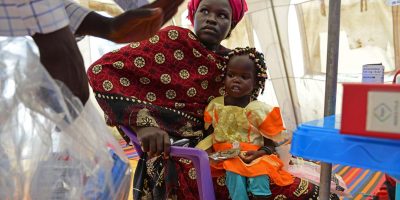
Briefings
Impact of Aid for Health and Education on Gender Equity and Human Development
Initial high human development index scores and per capita income have a strong impact on the outcomes of aid to the health and education sectors.An increase in the share of the government budget allocated to education and health improves overall…
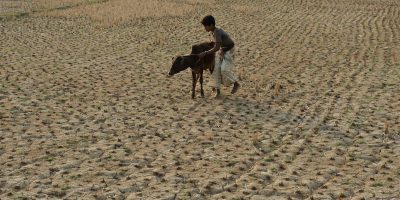
Briefings
Famine in Somalia and the Failure of Data-Driven Humanitarianism
Andrew Seal and Rob Bailey discuss the limitations of data-driven humanitarian efforts, and the lessons learned from the 2011 Somalia famine.

Evidence Reviews
Knowledge Management in Practice – Implementing Effective Knowledge Management in Emergencies: A Case Study from Somalia WASH Cluster
In the last two decades few countries have experienced a more protracted emergency than Somalia. Absence of a functioning central government and the ongoing conflict have led to a lack of access to basic social services, resulting in the country…
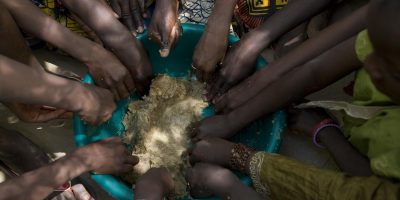
Evidence Reviews
Nutrition Interventions for Older People in Emergencies
In emergency situations, older people may find it hard to access food. For example, when they are displaced, older people may face difficulties in registering for the general food rations, meet challenges in accessing food distributions and difficulties transporting the…
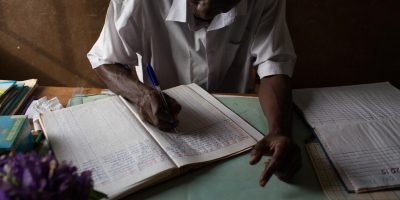
Evidence Reviews
Antibiotic Prescribing in DR Congo: a Knowledge, Attitude and Practice Survey among Medical Doctors and Students
Antibiotic resistance (ABR) particularly hits resource poor countries, and is fuelled by irrational antibiotic (AB) prescribing. The authors surveyed knowledge, attitudes and practices of AB prescribing among medical students and doctors in Kisangani, DR Congo. This data shows the need for…
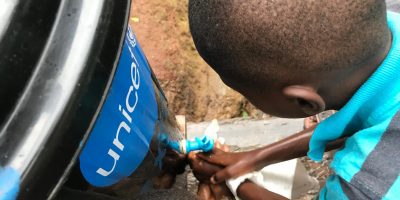
Background Reports
Cholera Outbreaks in Malawi in 1998-2012: Social and Cultural Challenges in Prevention and Control
Cholera still remains a significant cause of morbidity and mortality in developing countries, although comprehensive surveillance data to inform policy and strategies are scarce. A desk review of the national Cholera database and zonal and districts reports was conducted. Interviews…
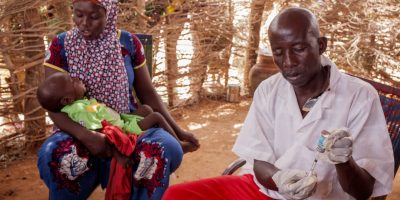
Background Reports
Community Perception and Beliefs About Blood Draw for Clinical Research in Ghana
Clinical research participants often express concerns about blood draw because of misconceptions about the uses to which the blood will be put. Their comments can generate rumours in their communities, thereby affecting rates of recruitment to research studies and increasing…

Background Reports
Comparing Sociocultural Features of Cholera in Three Endemic African Settings
Cholera mainly affects developing countries where safe water supply and sanitation infrastructure are often rudimentary. Sub-Saharan Africa is a Cholera hotspot. Effective Cholera control requires not only a professional assessment, but also consideration of community-based priorities. The present work compares…
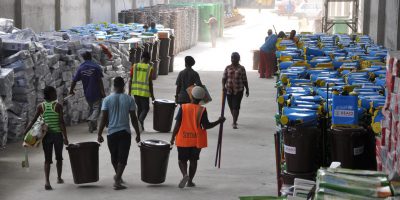
Background Reports
Distinguishing Social and Cultural Features of Cholera in Urban and Rural Areas of Western Kenya: Implications for Public Health
Urban and rural areas have distinctive health problems, which require consideration. To examine sociocultural features of Cholera and its community context, a semi-structured explanatory model interview based on vignettes depicting typical clinical features of Cholera was used to interview 379…
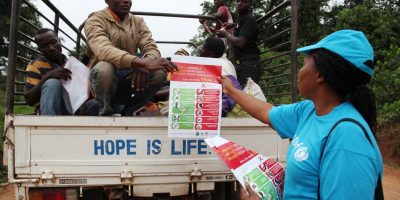
Background Reports
Epidemics and the Politics of Knowledge: Contested Narratives and Pathways in H1N1 Response
This article explores the politics of knowledge involved in understanding and responding to epidemics in an era of global health governance and biosecurity. It develops and applies an approach focused on how multiple, competing narratives about epidemics are constructed, mobilized…
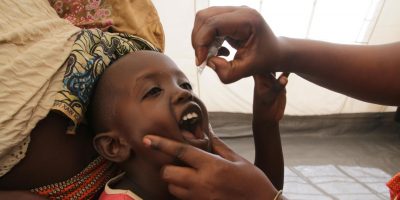
Background Reports
Knowledge of, Attitudes toward, and Preventive Practices relating to Cholera and Oral Cholera Vaccine among Urban High-Risk Groups: Findings of a Cross-Sectional Study in Dhaka, Bangladesh
In endemic countries such as Bangladesh, consequences of cholera place an enormous financial and social burden on patients and their families. Cholera vaccines not only provide health benefits to susceptible populations but also have effects on the earning capabilities and…
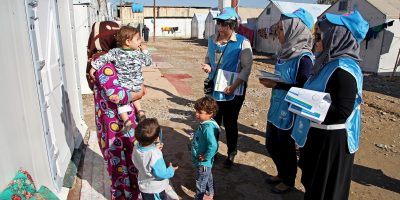
Background Reports
Knowledge, Attitudes, and Practices Related to Meningitis in Northern Ghana
Meningitis has a significant impact in the Sahel, but the mechanisms for transmission and factors determining a person’s vulnerability are not well understood. Our survey examined the knowledge, attitudes, and practices of people in a meningitis-endemic area in the Upper…


